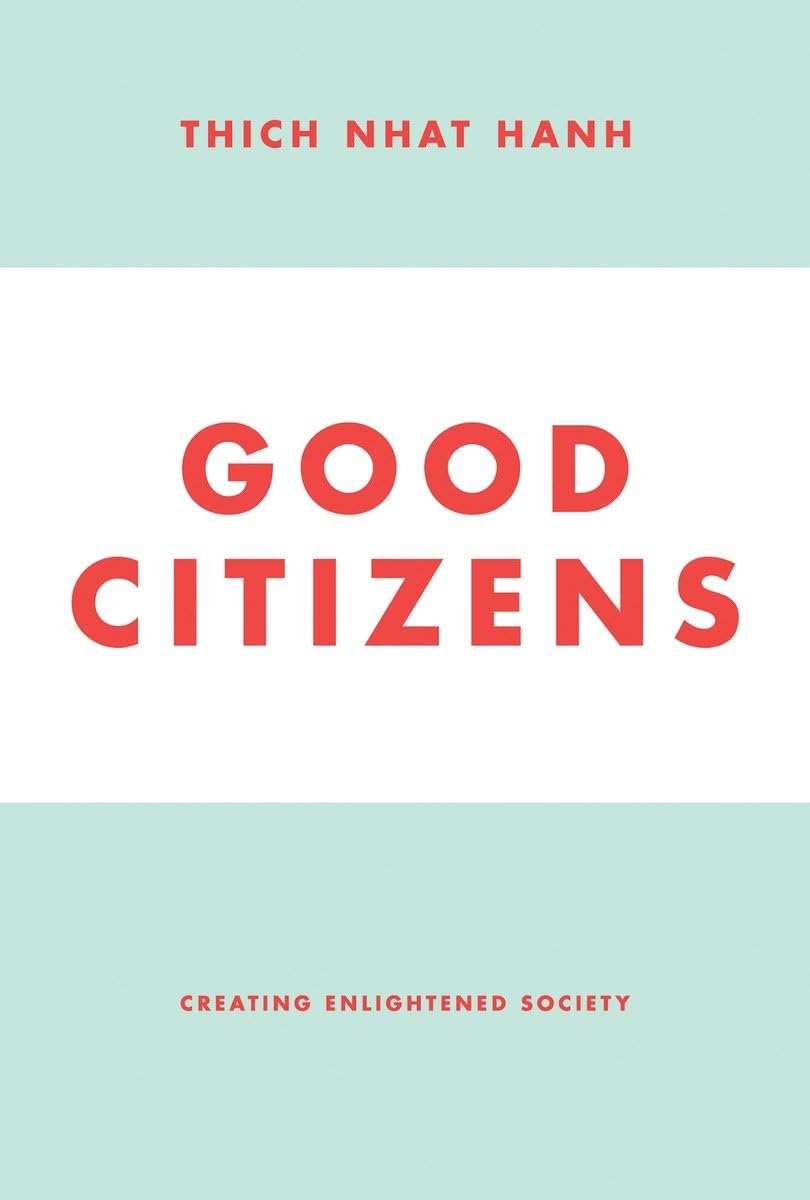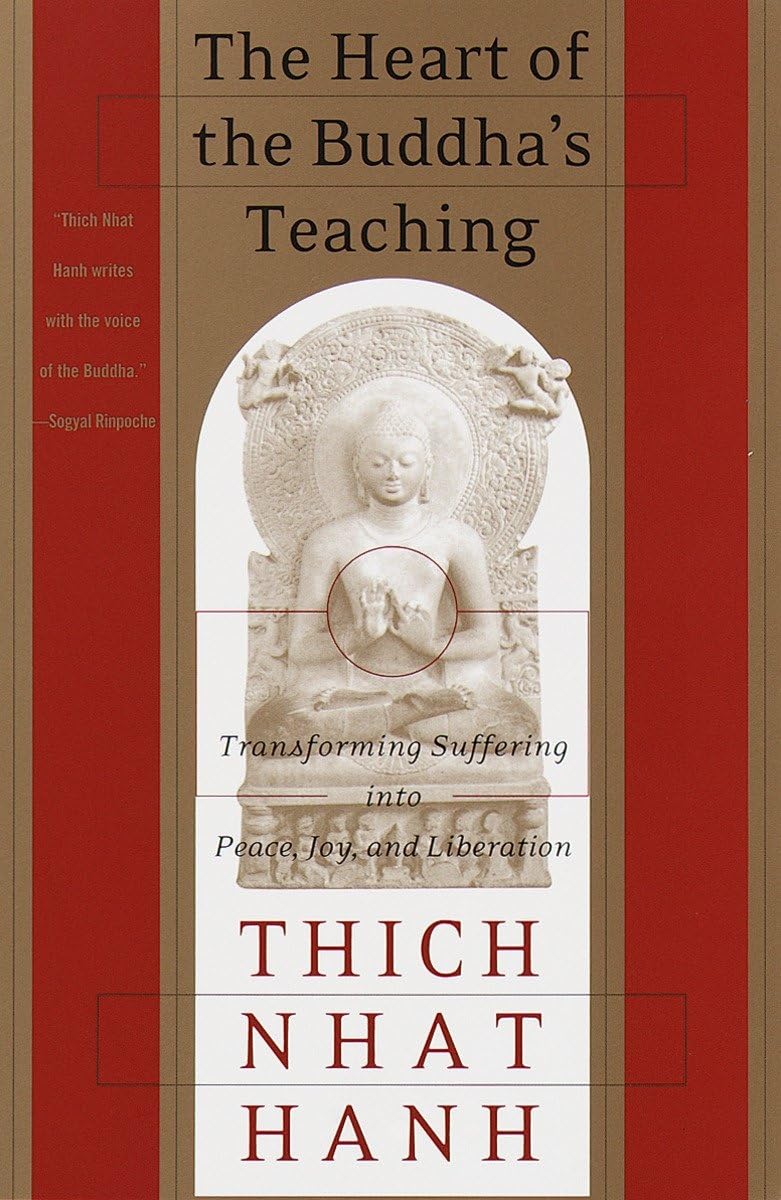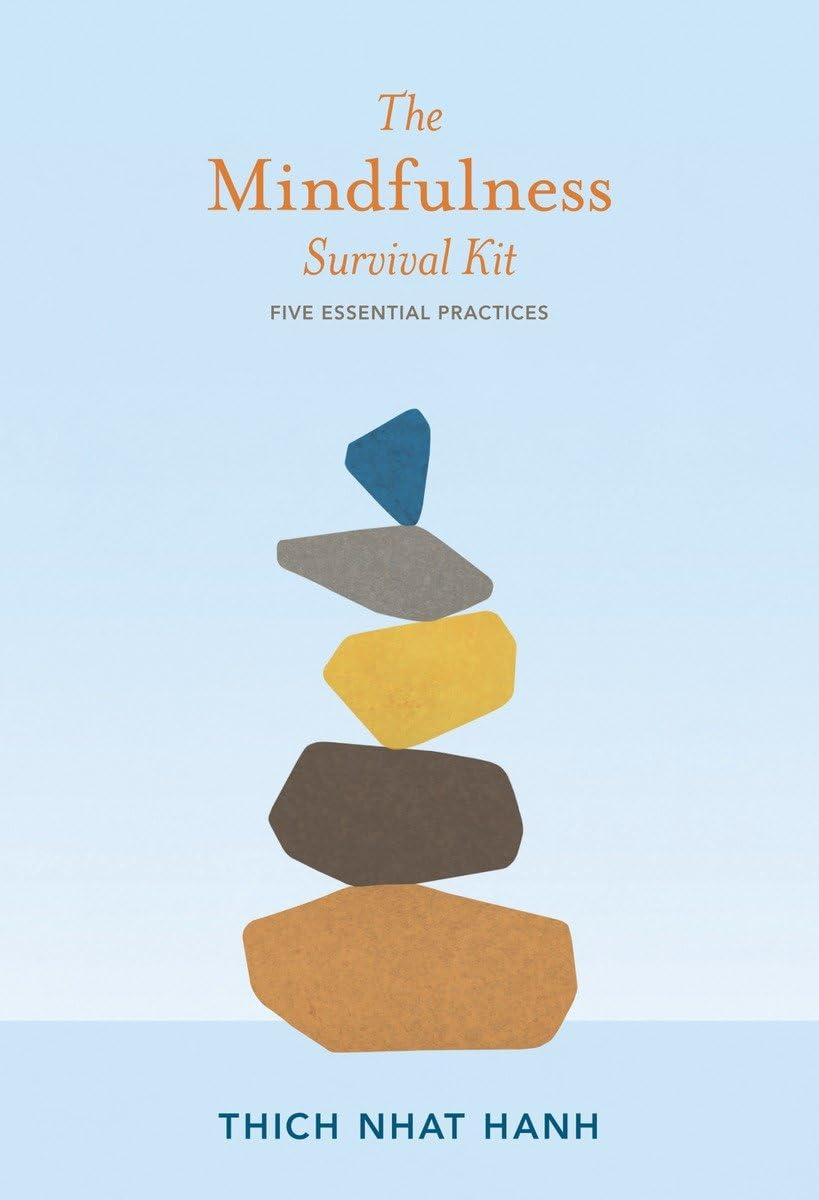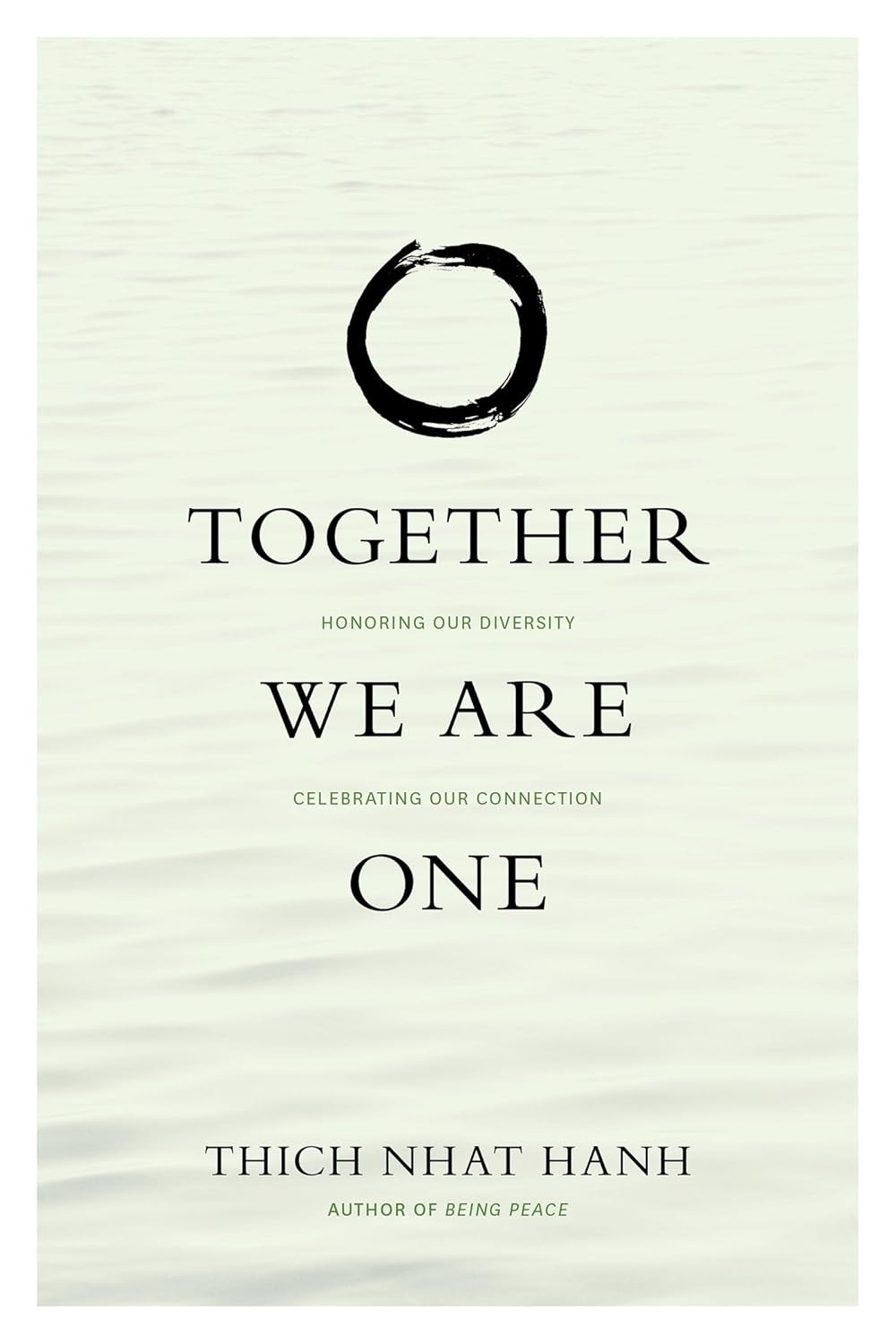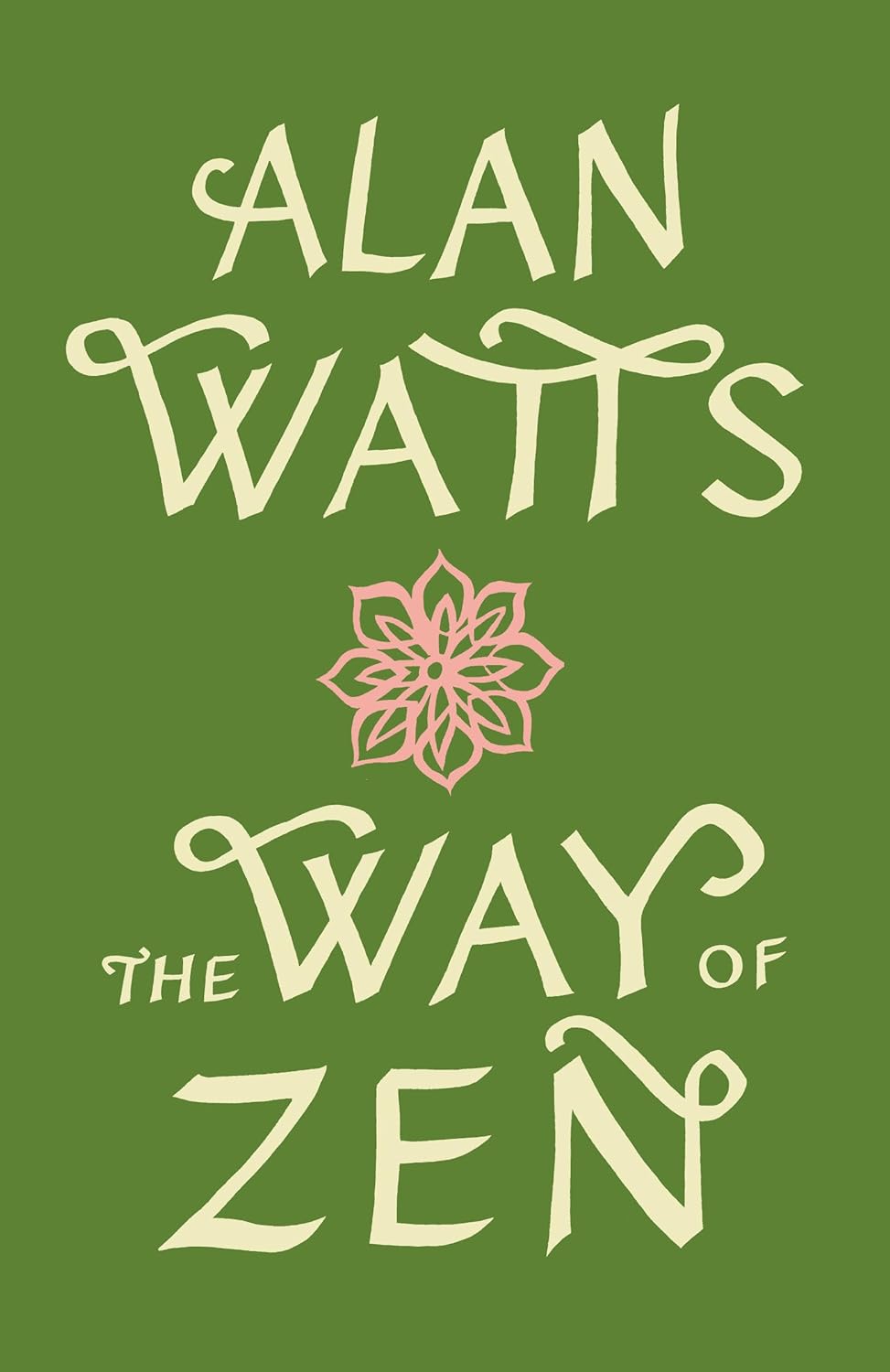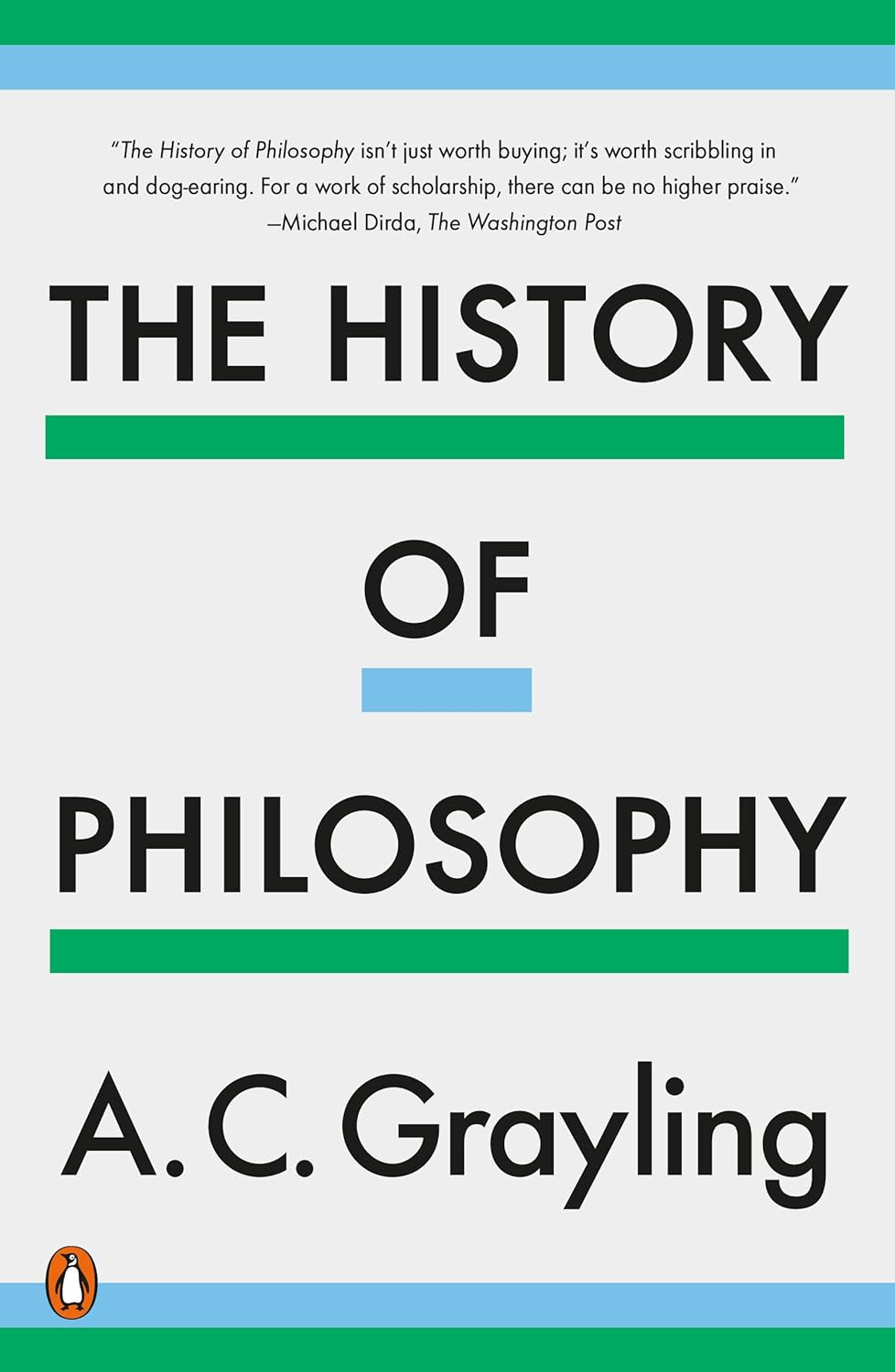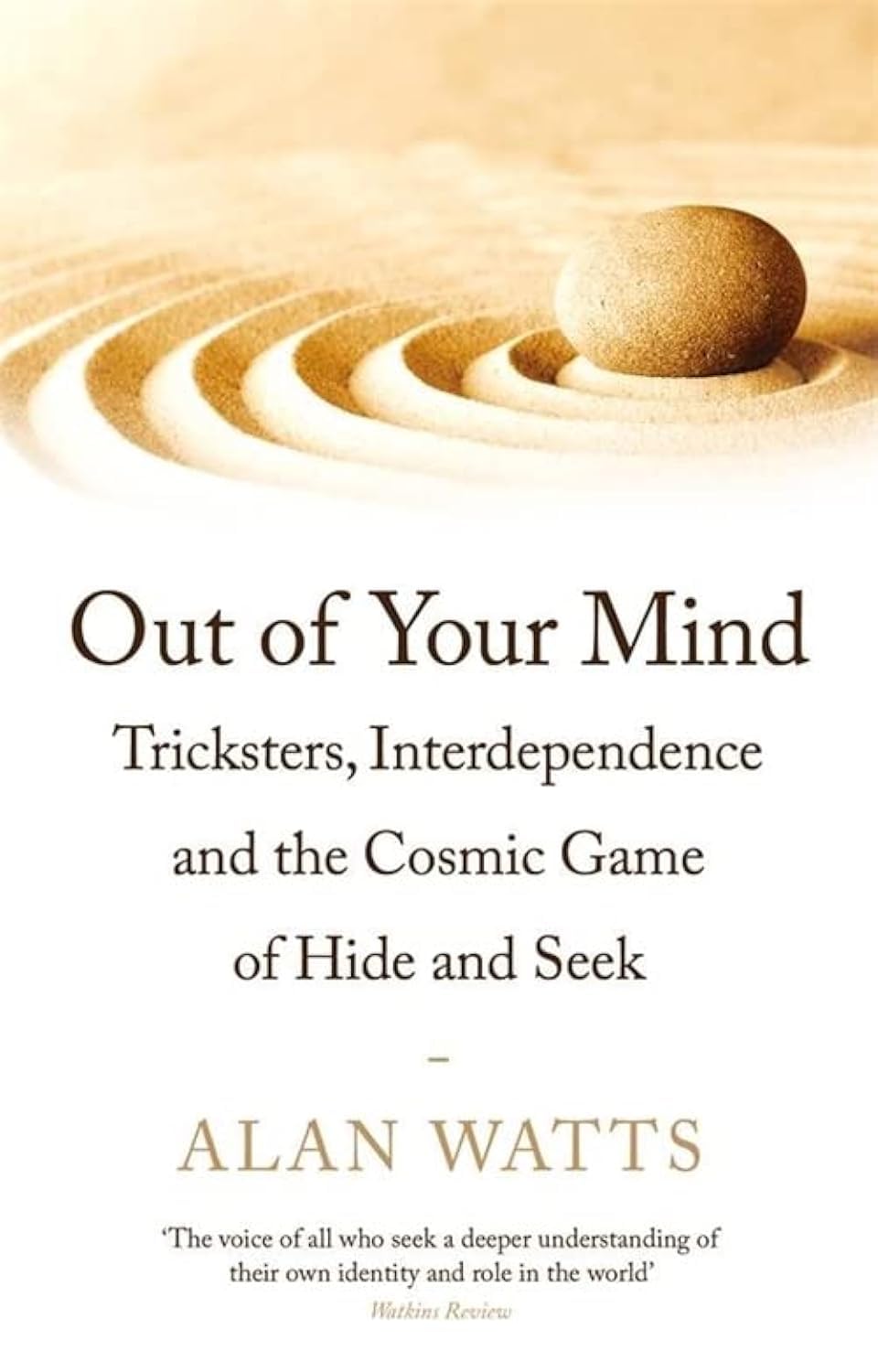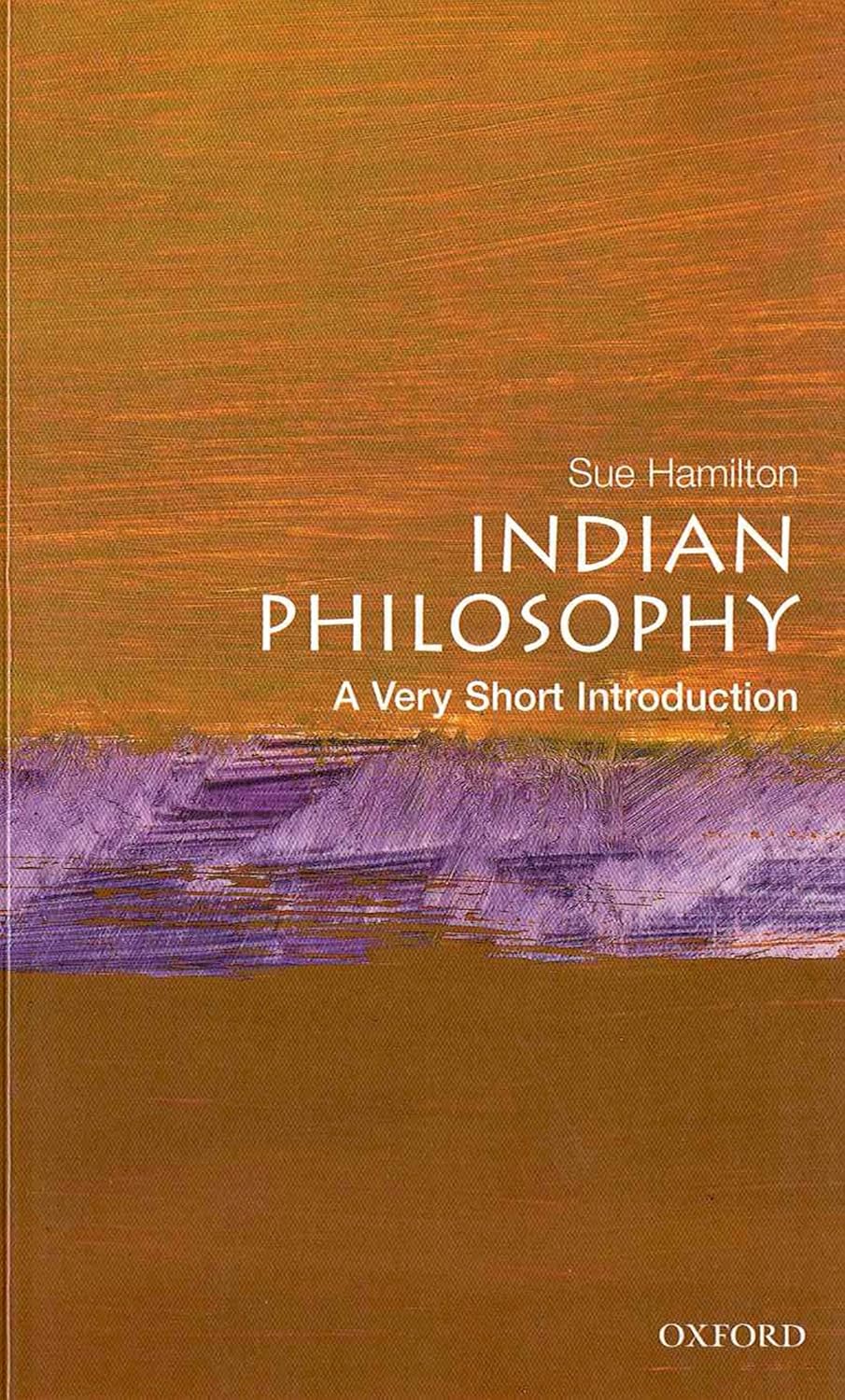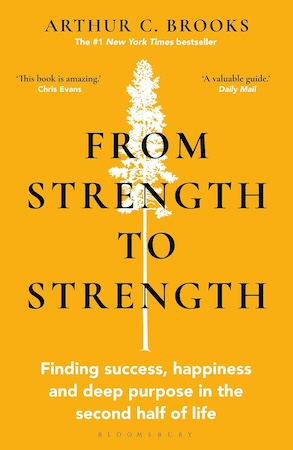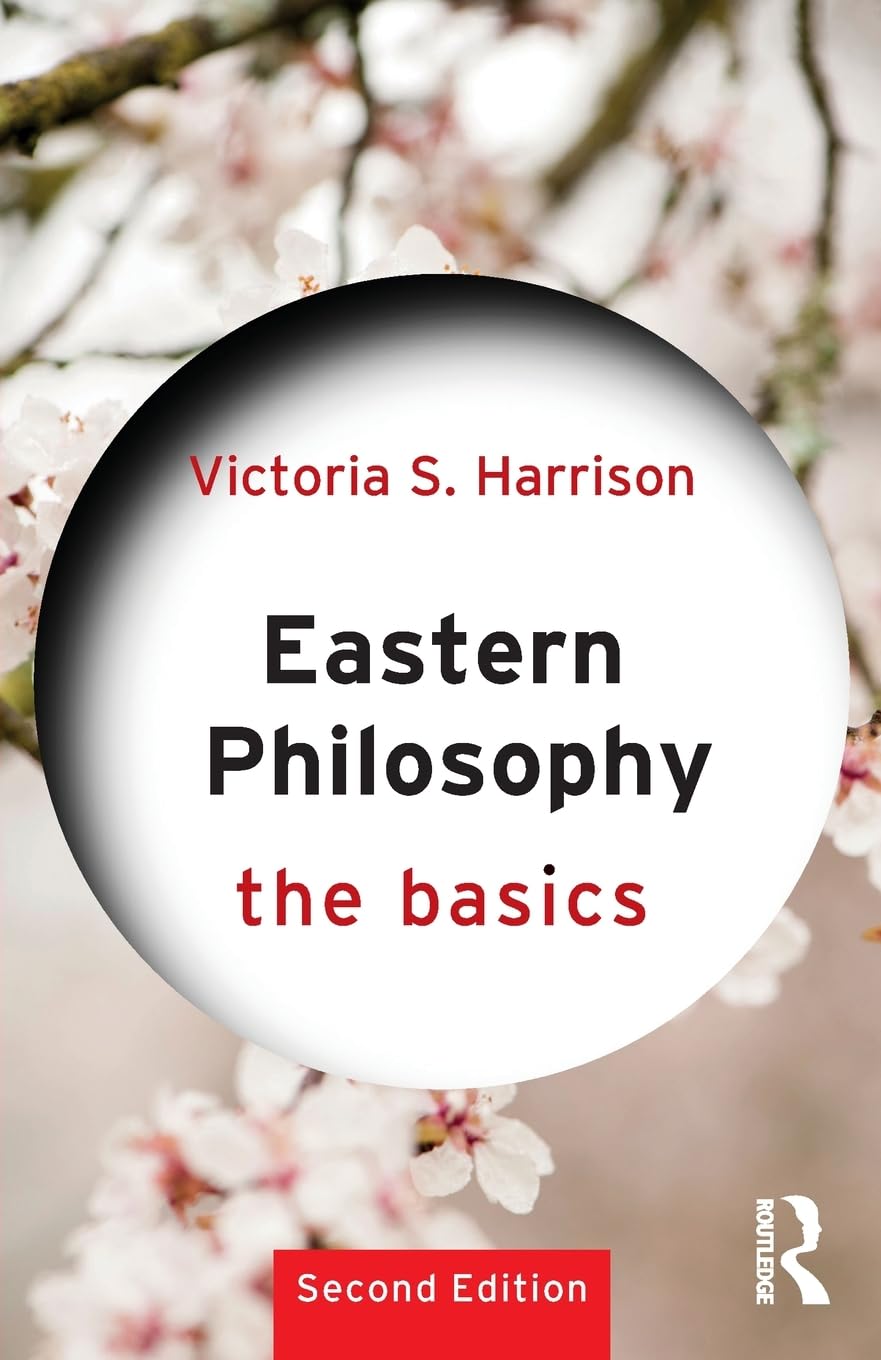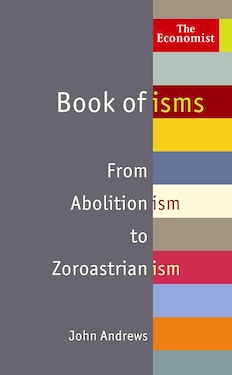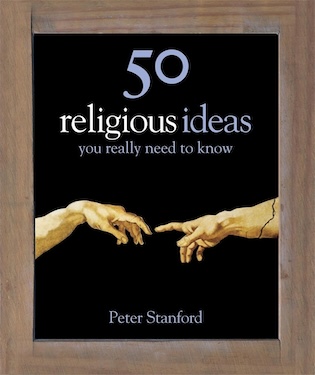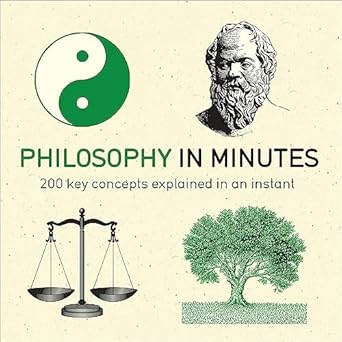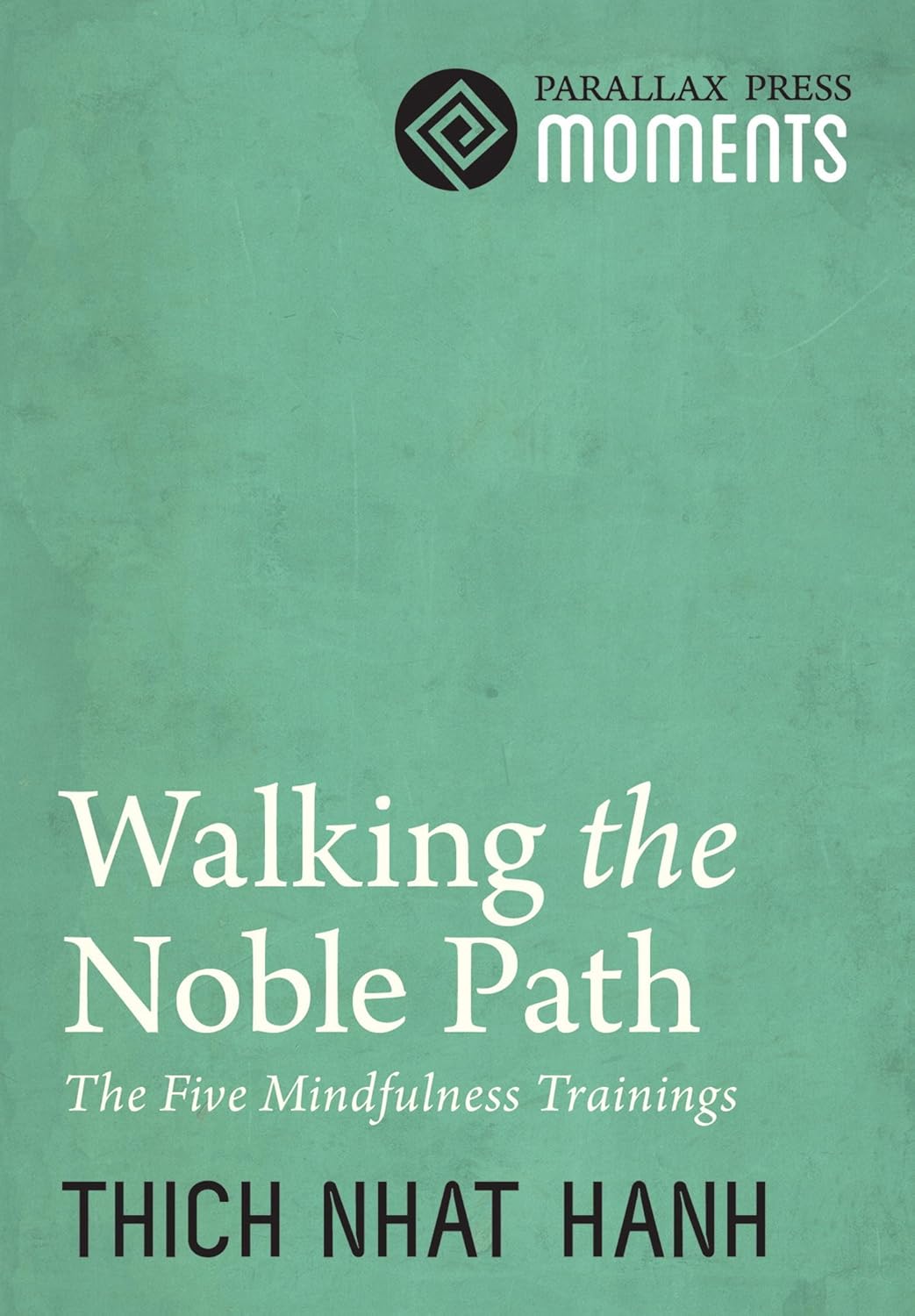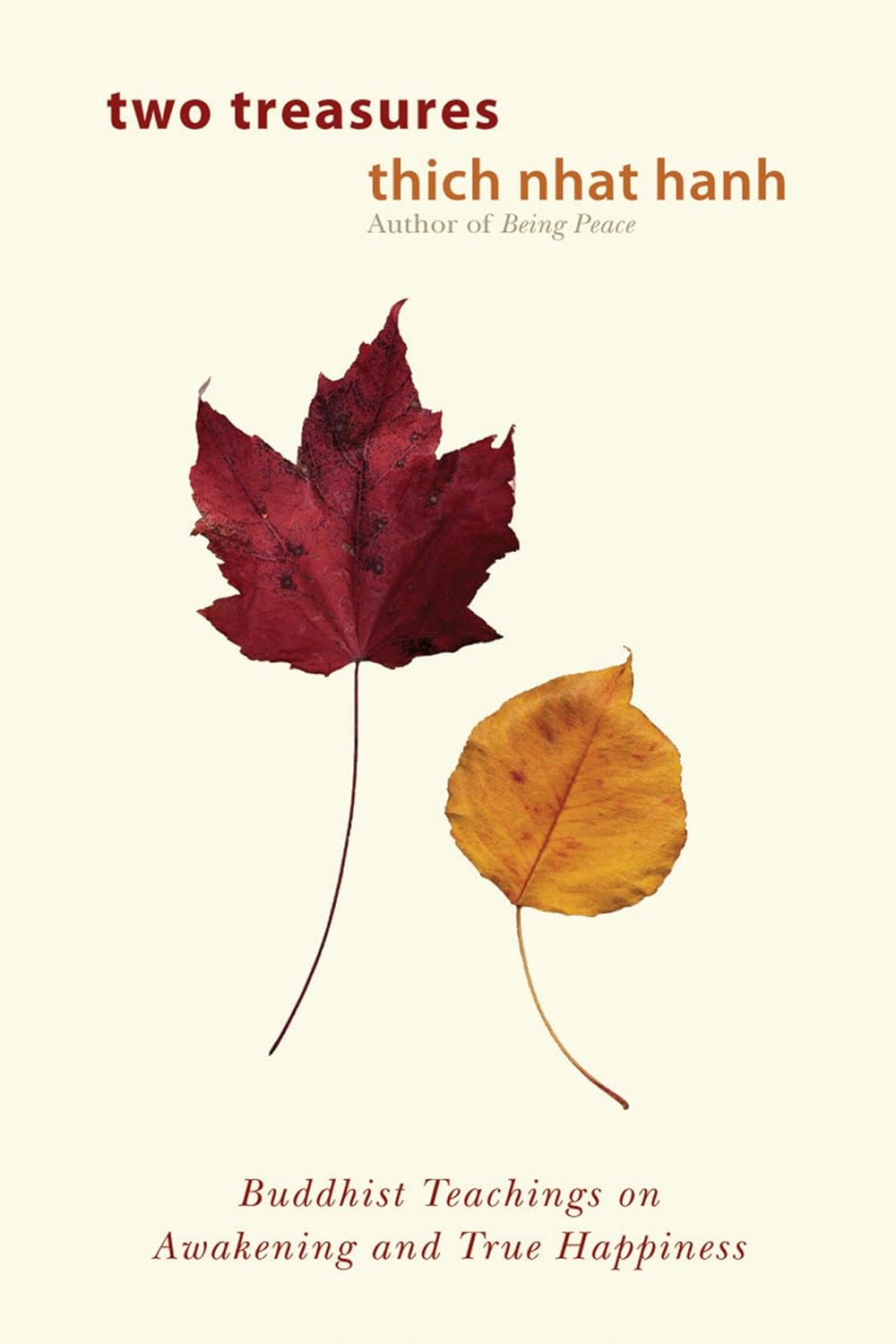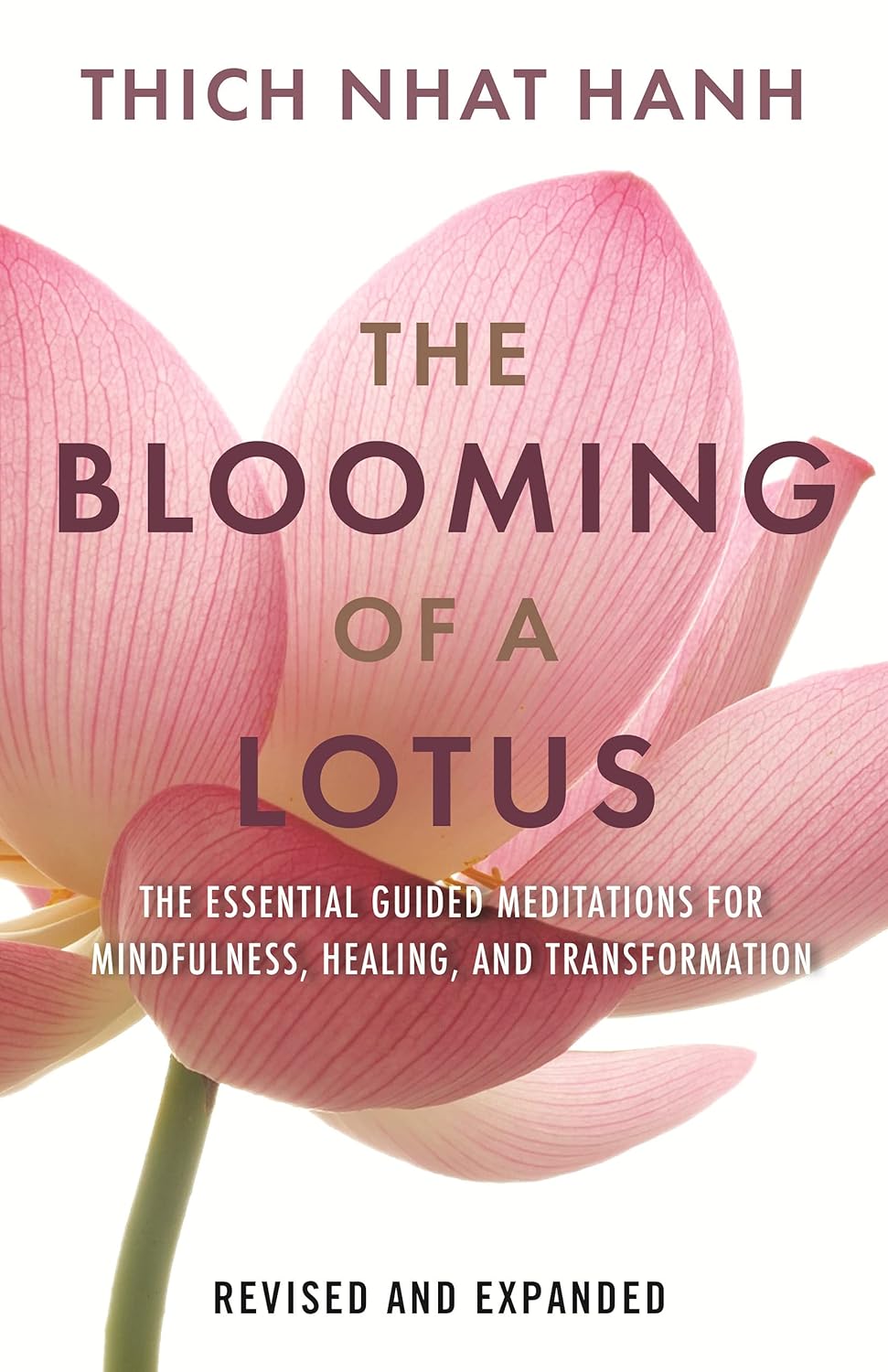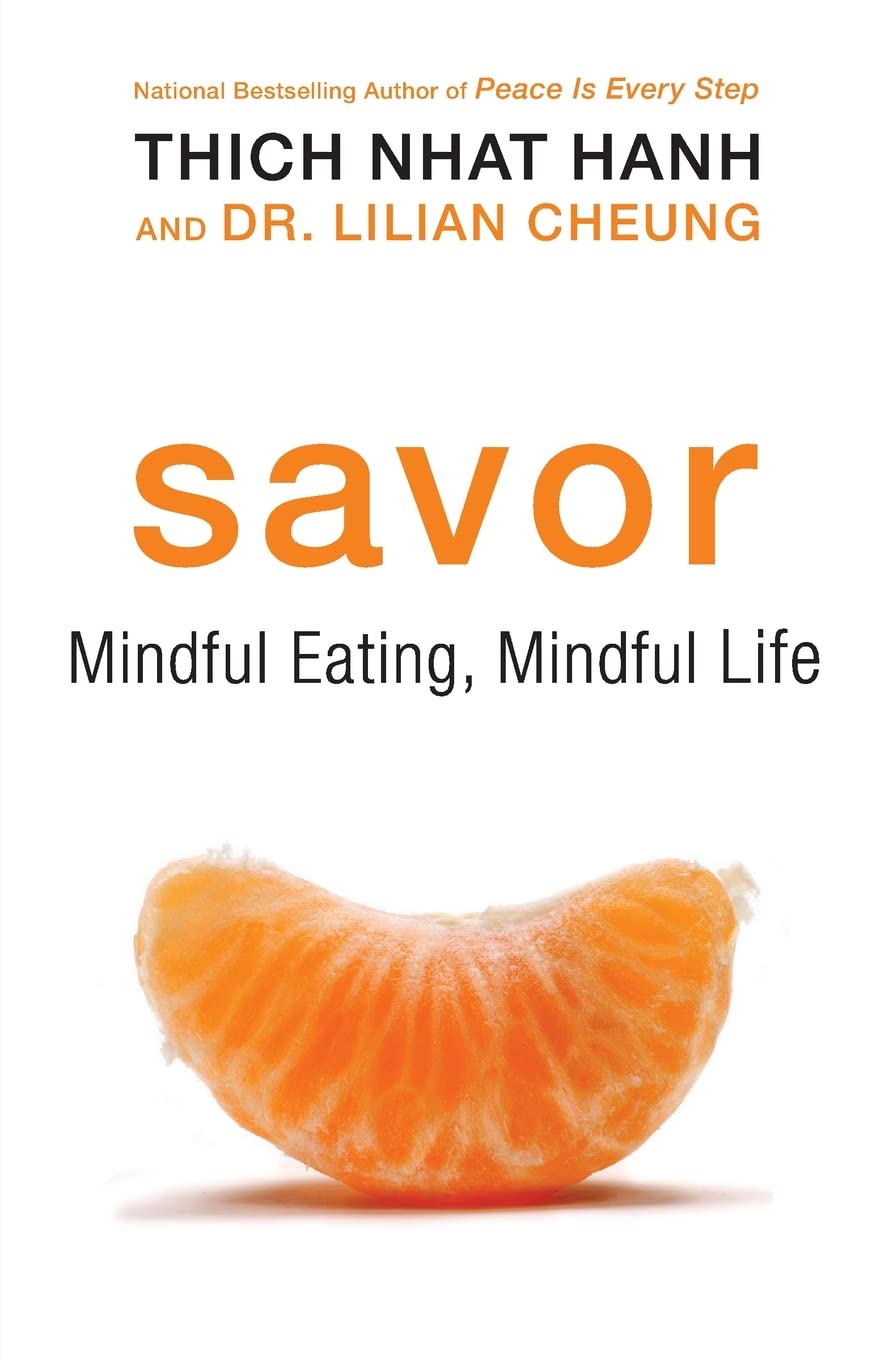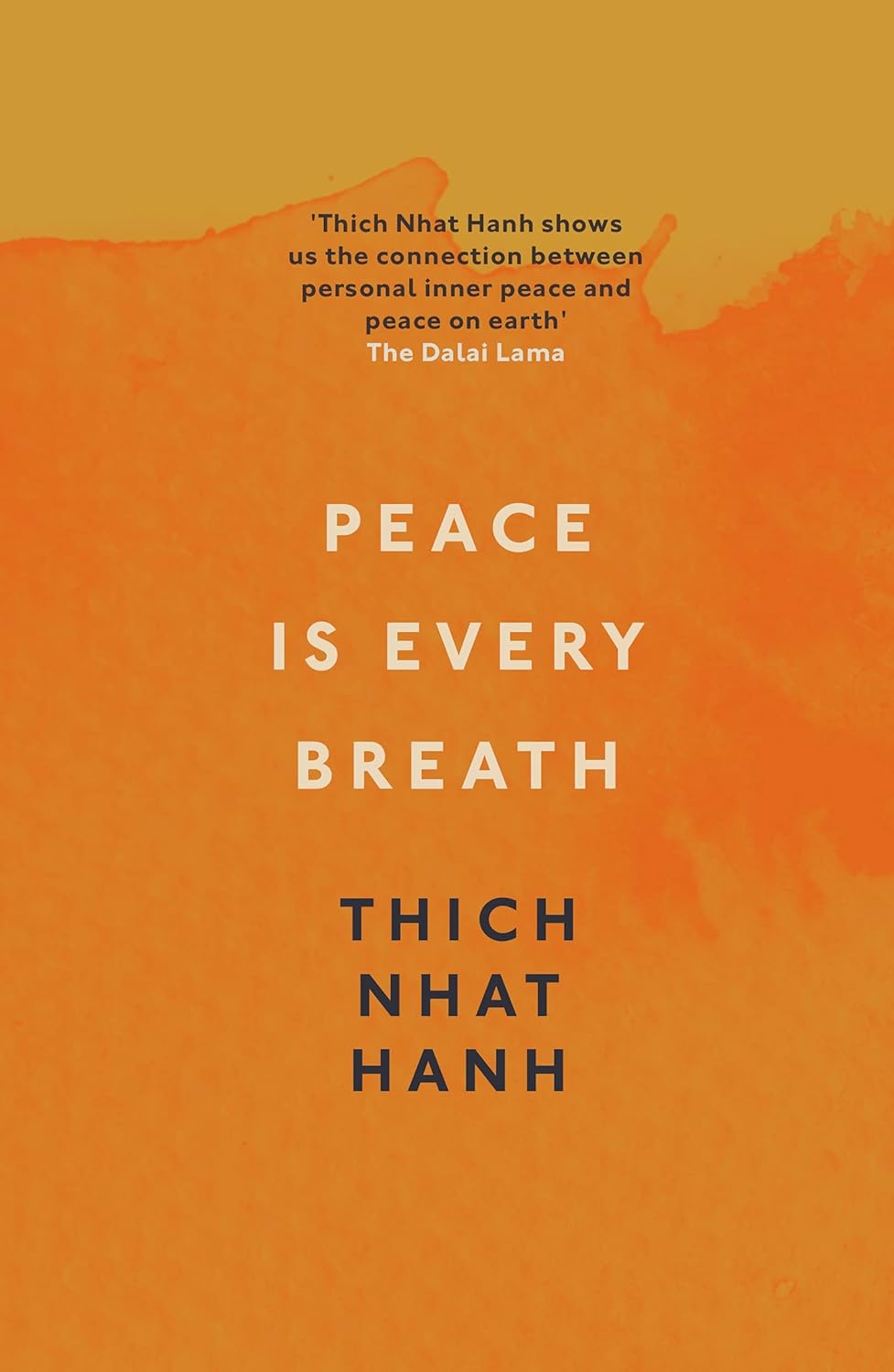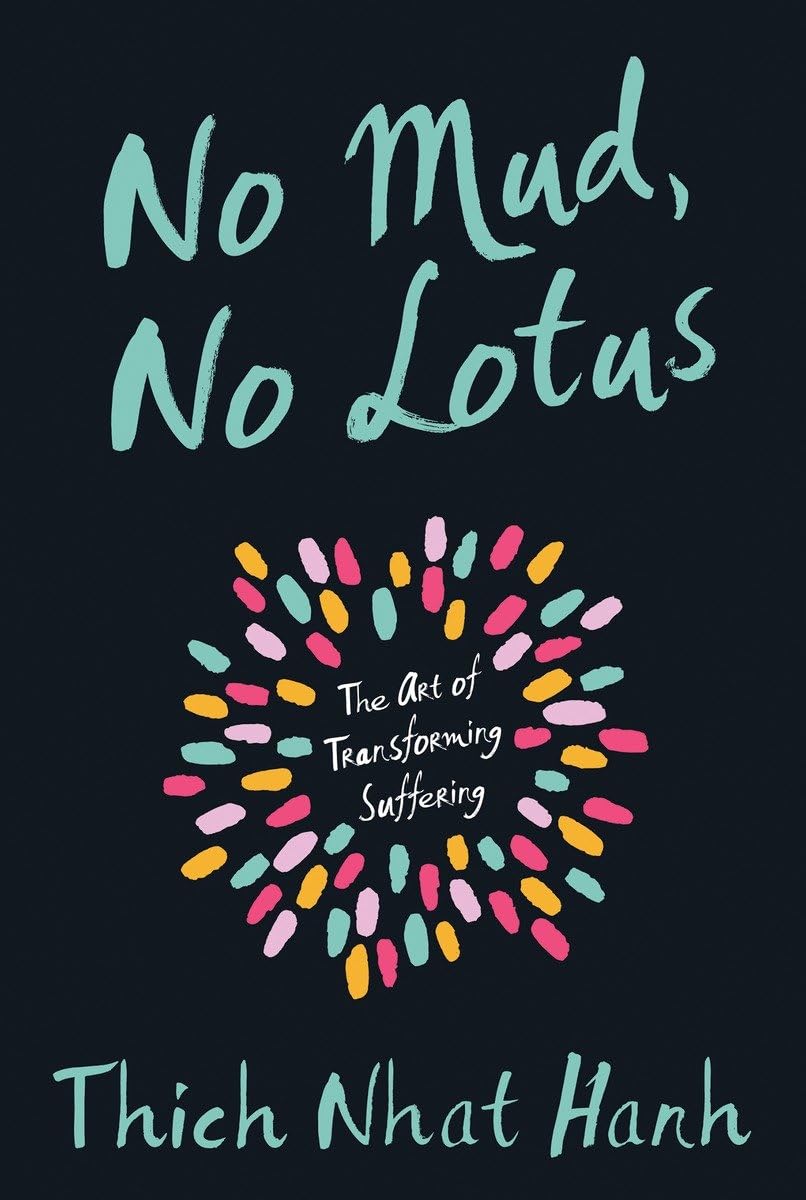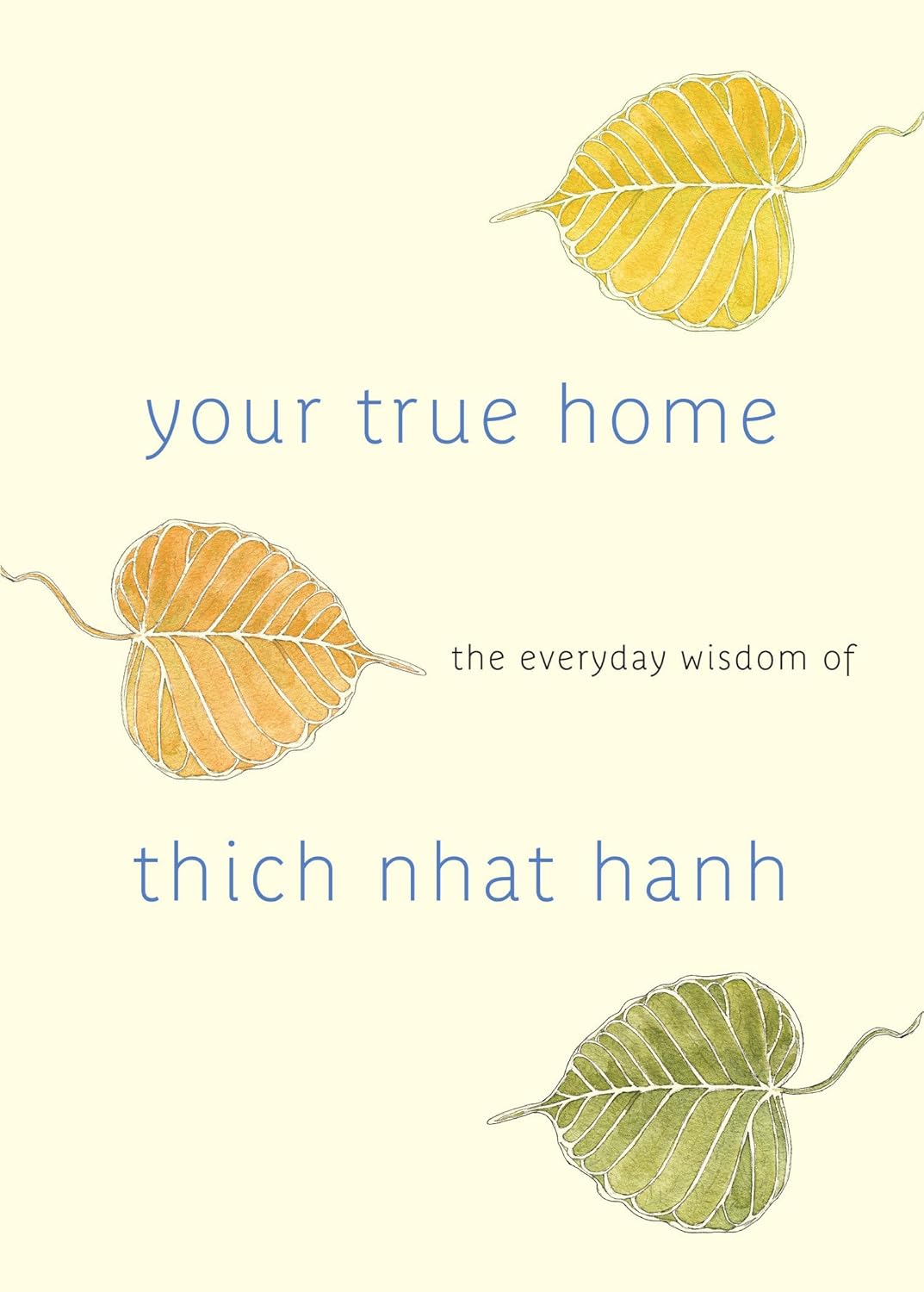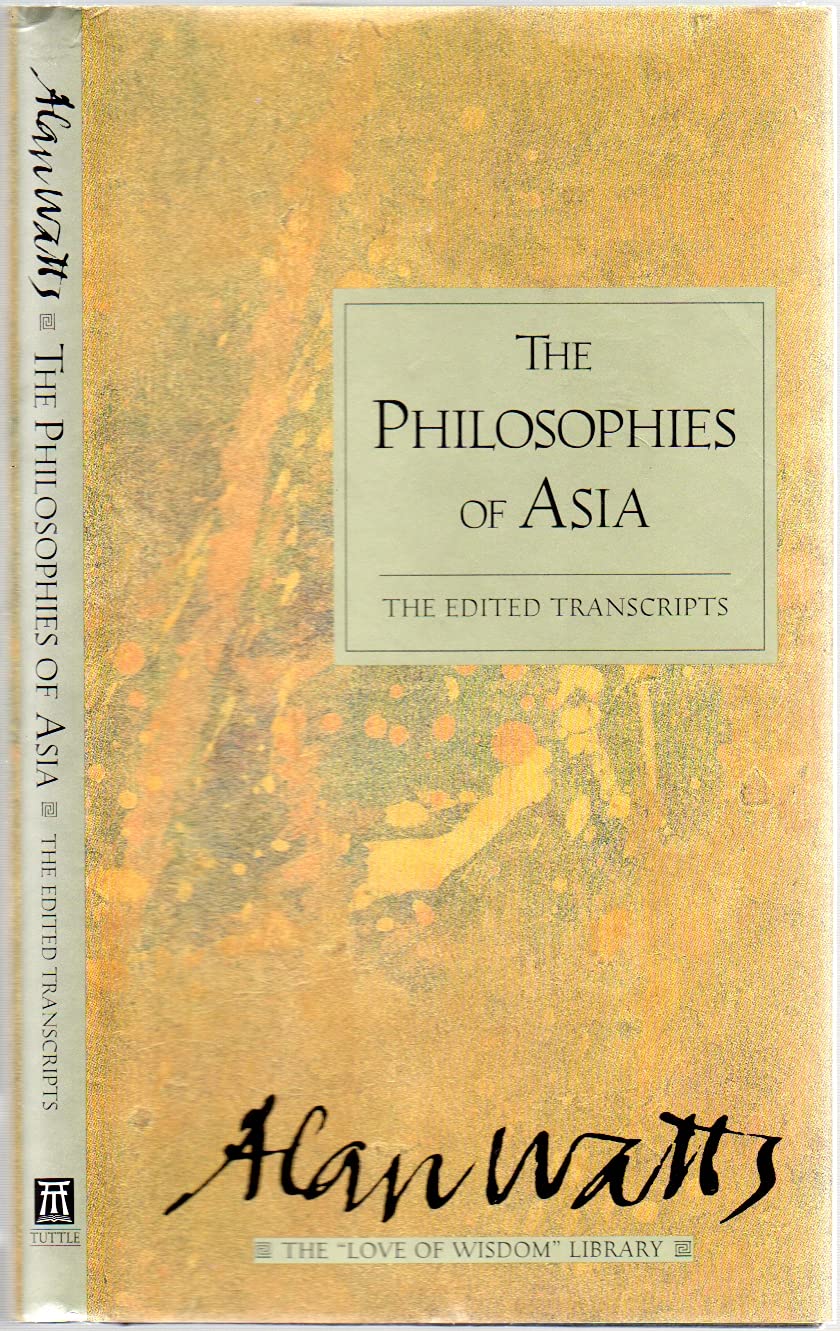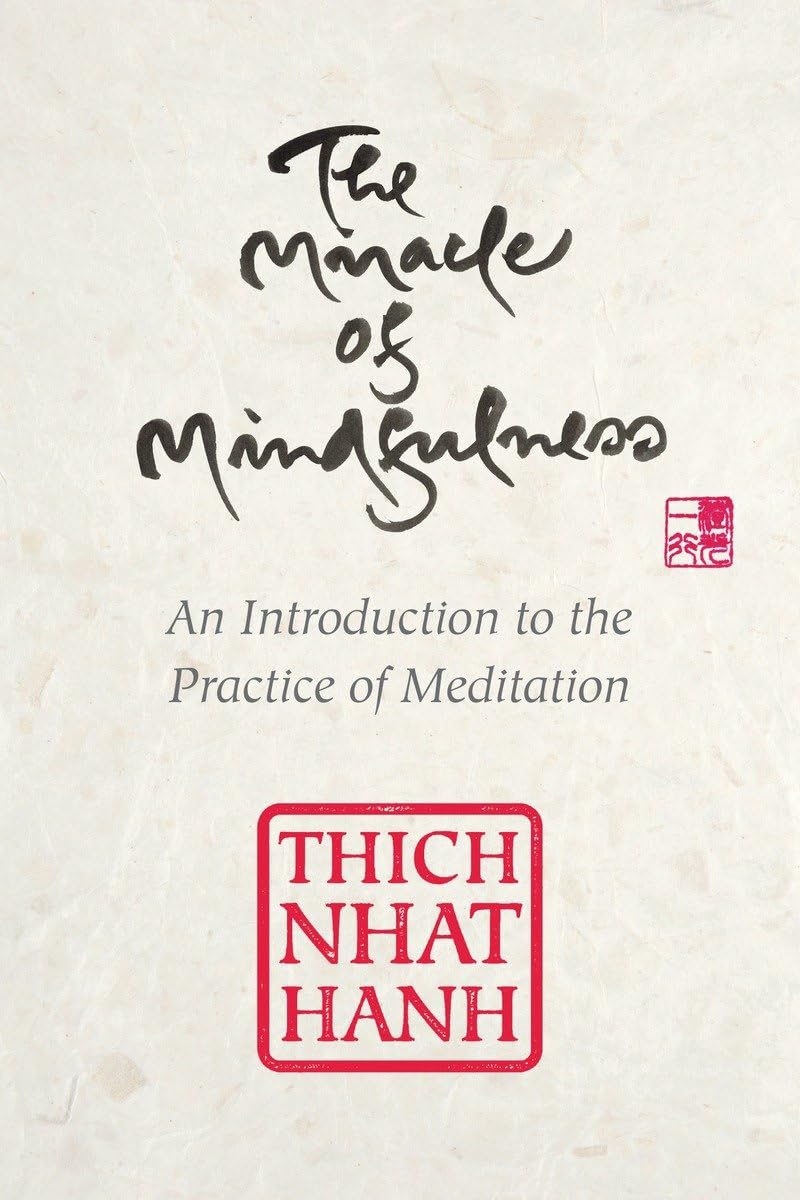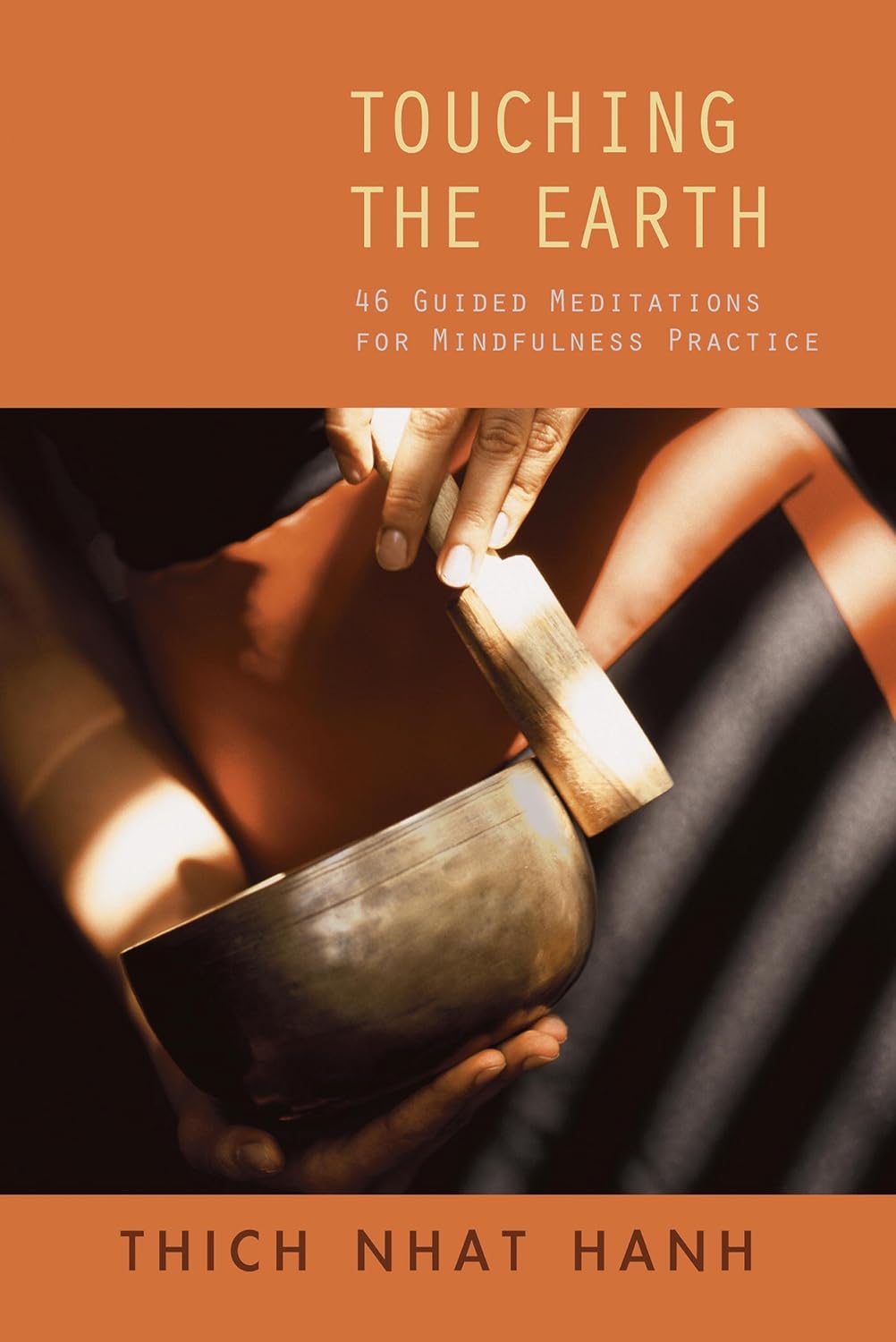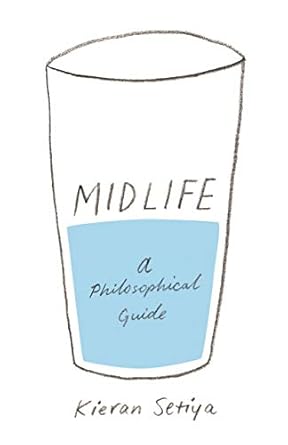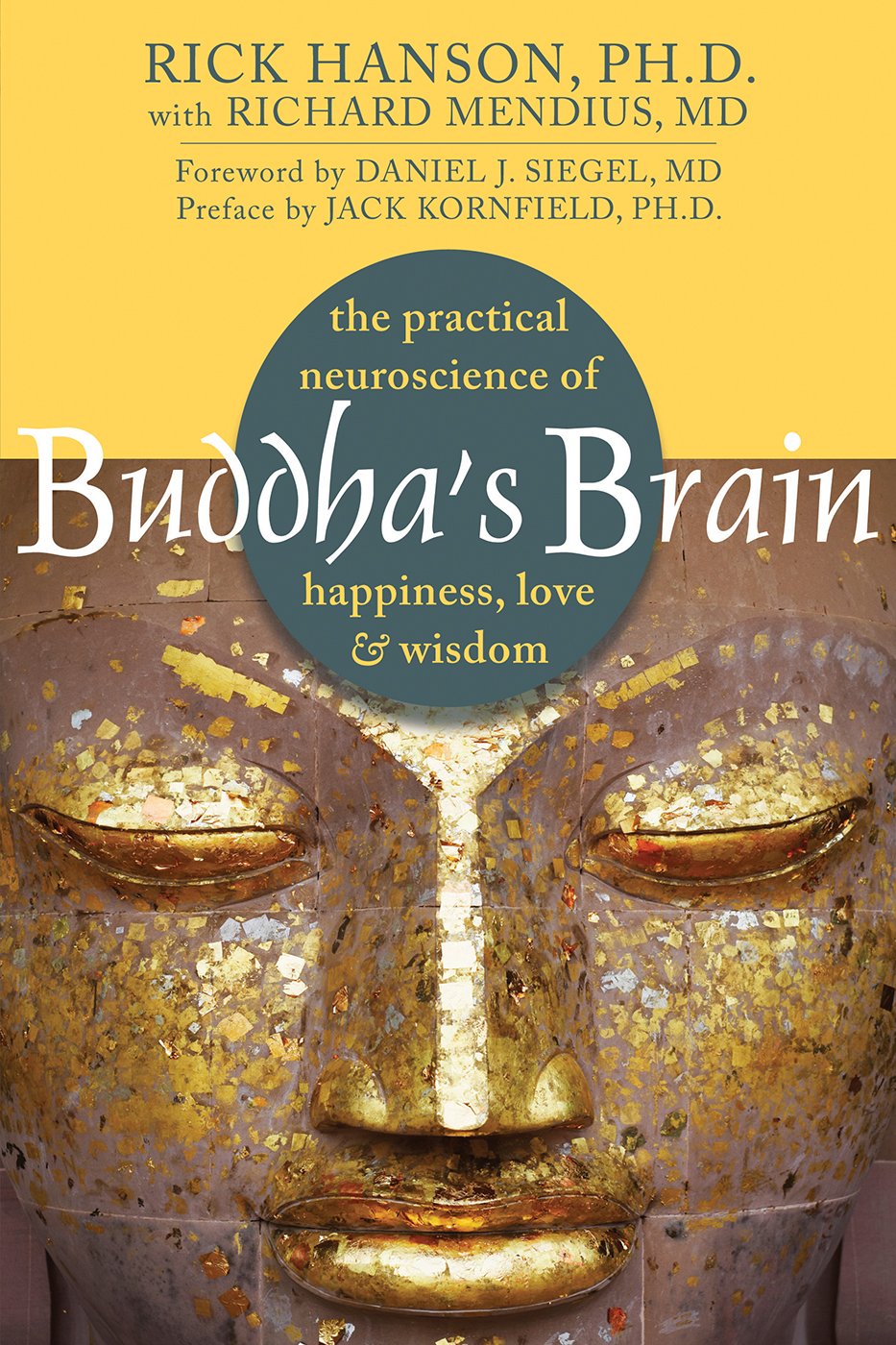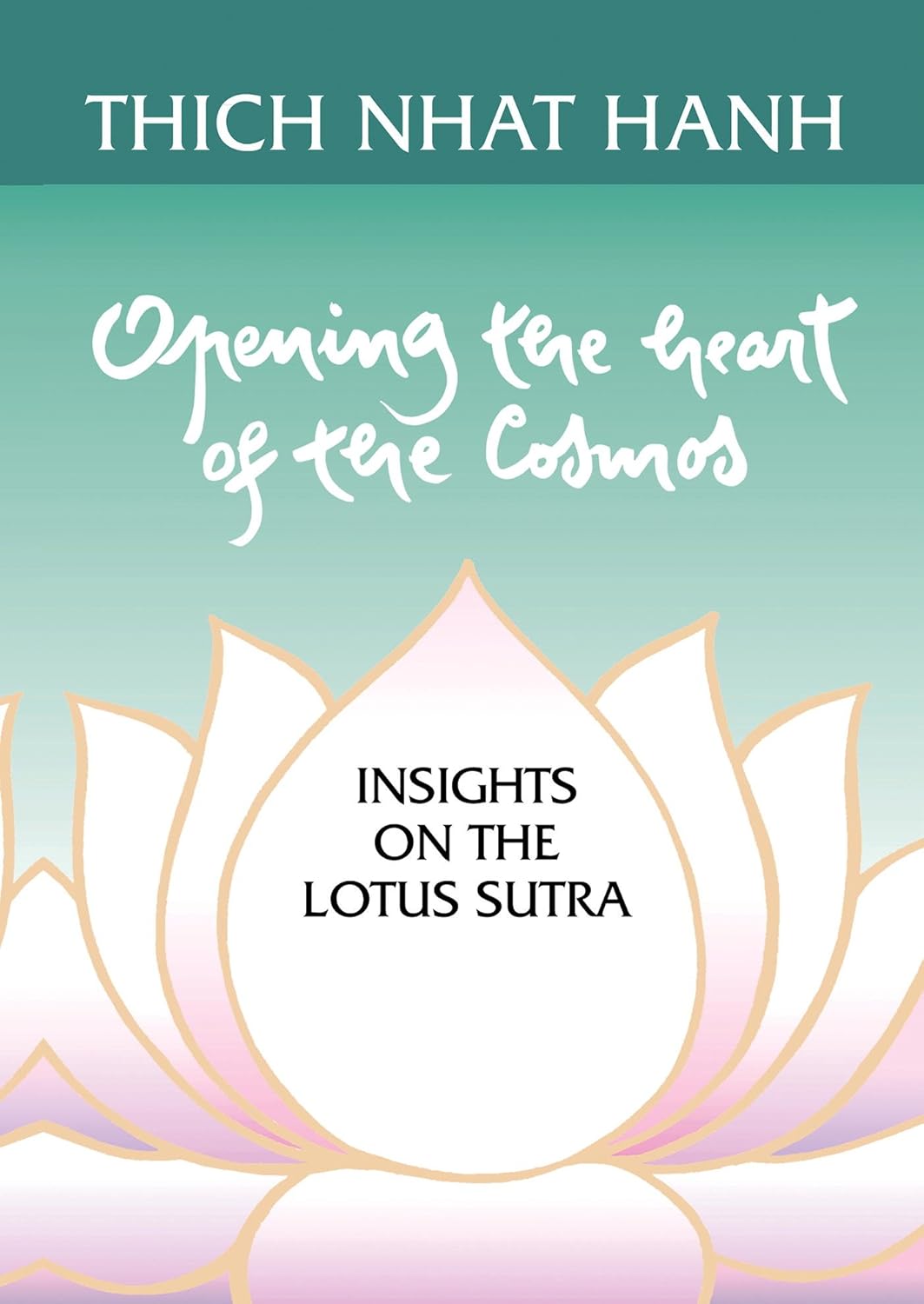Four Noble Truths
The first and foundational teaching in Buddhism.
- Suffering exists in the world;
- There are root causes to suffering;
- Suffering can be overcome - happiness exists;
- There is a path to the cessation of suffering (The Noble Eightfold Path)
Key Insights & Principles
Happiness
Insights:- Suffering exists, and we all experience it.
- There are root causes to suffering.
- Happiness (the opposite of suffering) exists.
- There is a path we can take that leads to the cessation of suffering.
- If we can recognise and name suffering, and look deeply into its roots, then we can understand that if we remove the actions that lead to suffering, we can find the way to happiness.
- We need to look deeply at things, according to reality.
- The Four Noble Truths were taught by the Buddha is help people free themselves from delusions, and get relief from suffering.
- We can cultivate well-being by apply mindfulness practices in our daily living.
- A common cause of suffering is attachment to our beliefs - which lead to wrong thinking, speech, and action.
- Acknowledging the presence of suffering does not mean seeing everything as suffering.
- We do not need to destroy suffering to have happiness.
- Ignorance is the root of ill-being.
- We do not always identify our well-being because we do not feel the pain of suffering, only when we can understand suffering can we realise there is well-being.
- Everything is impermanent, which includes experiences such as suffering, and happiness.
- The Eightfold Path (The Fourth Noble Truth) is divided into three: (1) Understanding (drishti); (2) Conduct (sila); (3) Meditation (smriti).
- Look deeply into truths to guide the way.
- Acknowledge the real suffering inside and around us.
- Identify and understand the causes of ill-being.
- Pause and look deeply.
- Cultivate compassion.
- Practice mindfulness and awareness.
- Take mindful walks.
- Practice mindful consumption.

